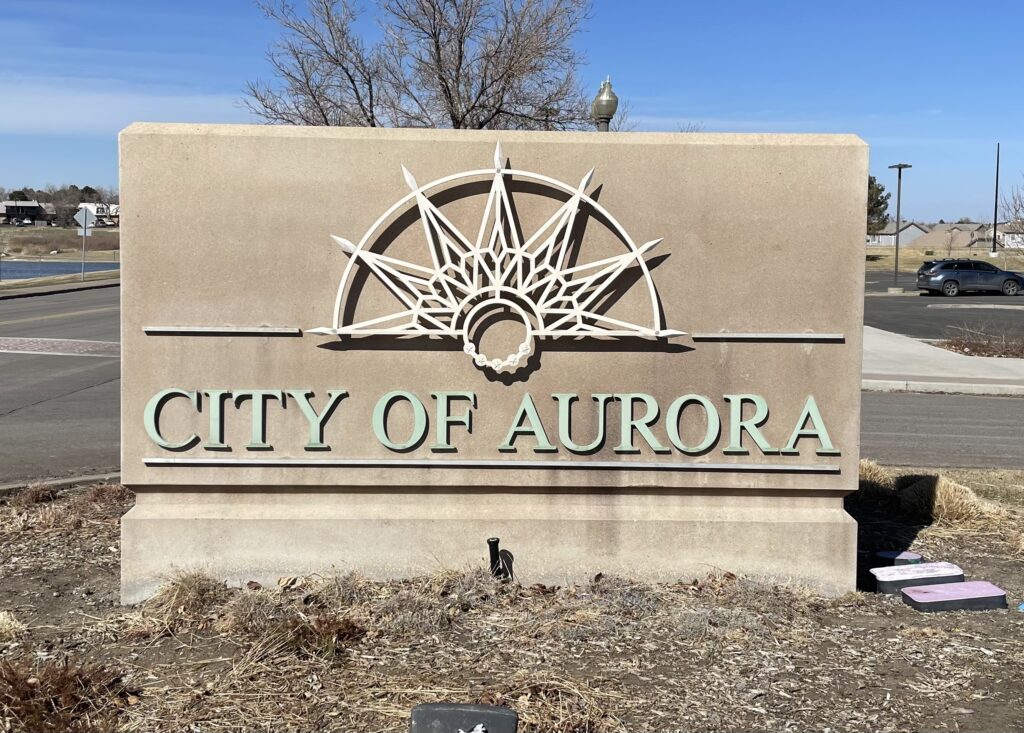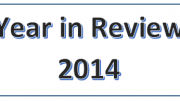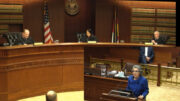By Jeffrey A. Roberts
CFOIC Executive Director
In a victory for the Aurora Sentinel, the Colorado Court of Appeals reversed a district court ruling Thursday and ordered Aurora to publicly release the recording of an executive session in which city council members ended censure proceedings against a fellow councilor.
A three-judge panel of the state’s second-highest court concluded that council members violated the Colorado Open Meetings Law by inadequately announcing the Mar. 14, 2022, closed-door meeting and improperly deciding in secret to halt the action against Councilmember Danielle Jurinsky for comments she made about Aurora’s then-police chief and deputy chief.

The appellate court, however, decided not to award attorney fees to the newspaper because it is not a “citizen” of the state under an open meetings law provision that entitles plaintiffs to reasonable fees if they prevail in lawsuits. The Sentinel doesn’t meet the Merriam-Webster dictionary definition of a citizen as “a native or naturalized person who owes allegiance to a government and is entitled to protection from it,” Judge David Furman wrote for the court.
The Sentinel sued Aurora City Clerk Kadee Rodriguez after reporter Max Levy learned the council had decided the censure issue in an executive session called to receive “legal advice” and Rodriguez subsequently denied his Colorado Open Records Act request for the meeting audio and video.
After listening to the recording in private, Arapahoe County District Court Judge Elizabeth Beebe Volz determined the city council violated the open meetings law by failing to publicly announce the topic of the confidential meeting with enough specificity. But the judge later decided the city had “cured” the violation by discussing the censure during an open public meeting two weeks later, and she did not release the recording.
Represented by attorney Rachael Johnson of the Reporters Committee for the Freedom of the Press, the Sentinel argued that the council had not cured the violation, as permitted by a 2012 Court of Appeals opinion. Instead, its action on March 28 “merely amounted to a rubber stamping” of the decision it had made in secret on March 14.
In Thursday’s ruling, Furman wrote that the district court “erred” in relying on that 2012 decision to find that the March 28 public meeting cured the open meetings law violations that occurred at the March 14 executive session. The 2012 decision, Furman and the other judges determined, only applies “where a party seeks to invalidate an action taken in an improperly convened executive session.” The newspaper didn’t challenge the validity of the council’s decision to end the censure proceedings against Jurinsky, the appellate opinion notes. It only requested the recording of the meeting.
The censure process against Jurinsky stemmed from comments she made on a radio talk show about then-Police Chief Vanessa Wilson and the deputy chief. Councilmember Juan Marcano accused Jurinksy of violating a city charter prohibition against councilors involving themselves in employee issues under the city manager’s authority.
The Court of Appeals found that the city council failed to properly announce the March 14 executive session by not identifying any “detail” of the topic it was to discuss behind closed doors, as required by the open meetings law and upheld in a 2020 high-court ruling. The council also violated the law’s prohibition against decision-making in executive sessions when it took a roll call vote to end the censure proceedings, the appellate court decided.
The district court “committed clear error” in finding that the roll call vote was not a formal action in violation of the open meetings law, the Court of Appeals opinion says. The city council “can’t conduct a (roll) call to end an investigation of censure charges during an executive session.”
Aurora also claimed the executive session recording shouldn’t be released because it contains privileged attorney-client communications. But the city council waived any privilege “by describing everything that occurred” during the March 14 executive session in a letter included in the March 28 public meeting packet, Furman wrote.
Follow the Colorado Freedom of Information Coalition on Twitter @CoFOIC. Like CFOIC’s Facebook page. Do you appreciate the information and resources provided by CFOIC? Please consider making a tax-deductible donation.




